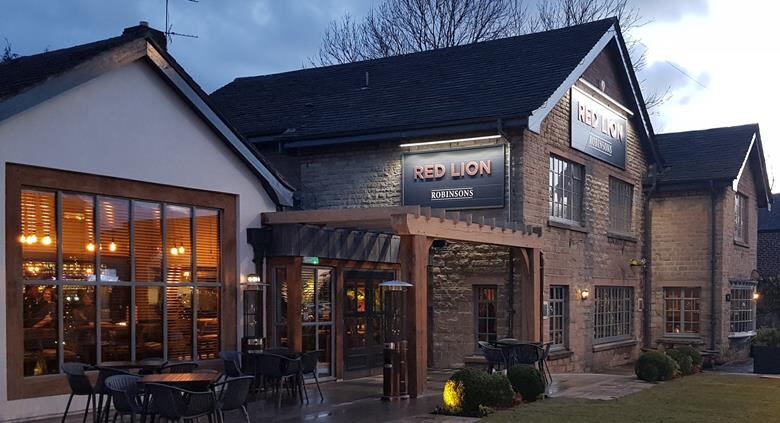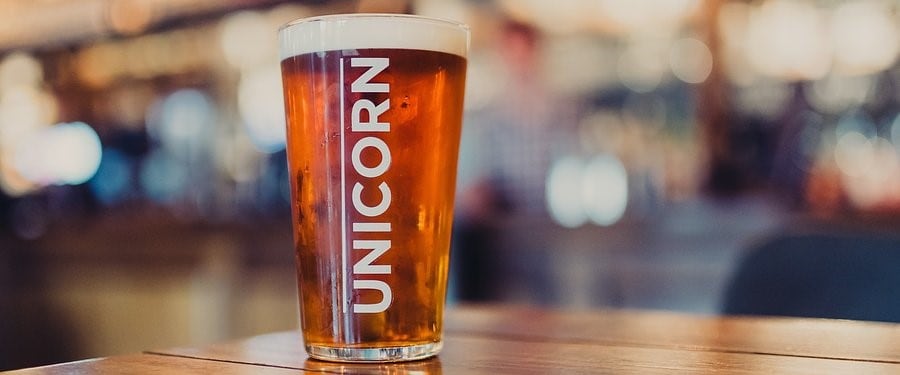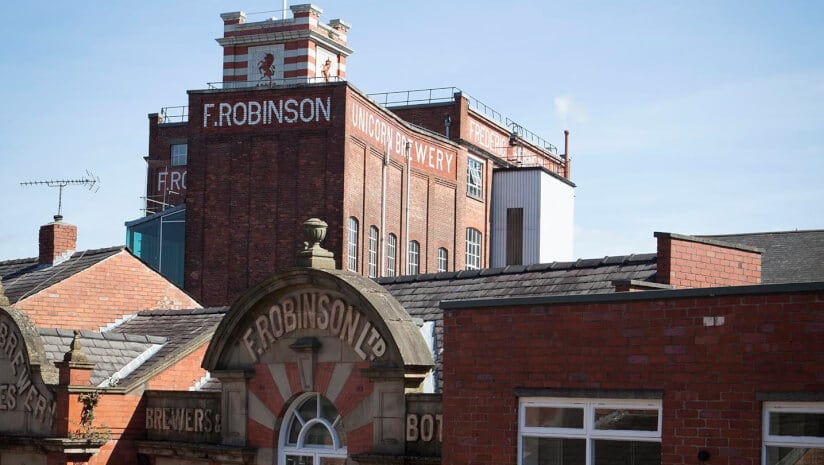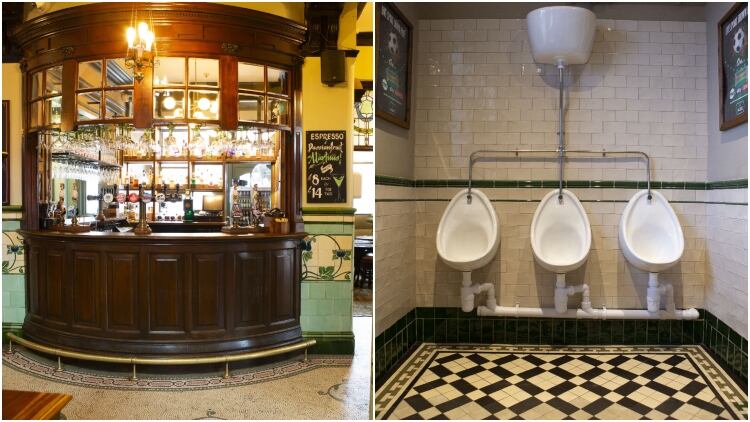”A penny off beer duty is an absolute joke,” he says. “They gave us a penny but took fifty pence off us elsewhere”, the brewery boss told The Morning Advertiser’s sister publication MCA.
Robinson points to higher national insurance, business rates and packaging compliance as key drivers of the increase.
His comments come after the group posted record turnover of £97.7m for 2024, up from £92.3m in 2023, which he says reflects sustained estate investment and tighter commercial discipline while cost pressures continue to build.
Robinson says the results reflect sustained investment across its 250-strong estate and tighter commercial discipline, but stressed that cost inflation and taxation remain the biggest headwinds.
“You can just put your prices up, but if you are not careful you price yourself out. We are taking costs out where we can without impacting the quality of our pubs, our beer or our service.”
Opportunistic acquisitions
The group completed an £8m brewing consolidation earlier this year, bringing production and packaging onto a single site. It now has one team looking after brewing, production and packing, which Robinsons says helps with economies of scale.
This vertical integration is critical. “We brew, warehouse and distribute our beer. We have our own tech services and design team. It is really important we stay vertically integrated.”

The group continues to prioritise viability of existing pubs while remaining opportunistic on acquisitions. Its managed estate is focused on consolidation following recent buys, with ongoing site upgrades - Robinsons invested £3.9m in the Pub Partner estate in 2024 and increased support in response to higher employment costs and reduced rates relief.
Category trends show a gradual shift, he adds: “We are seeing growth in keg versus a national decline in cask, but there are early signs Gen Z is becoming more interested in cask. Tomorrow’s drinker is who we need to target.”
Low and no alcohol remains a small category for Robinsons, accounting for around 2% of sales across its estate. Robinson acknowledges the limited scale but points to growing consumer expectations around range.
“It is about two percent of our sales, but people want choice,” he says. “You need two or three non-alcoholic beers, plus non-alcoholic spirits, wine and cider.”
The brewer has invested in its own de-alcoholisation line, allowing it to extract alcohol from beer on site and supply third-party customers as well as develop its own products.
Greater focus
Robinson says NPD is ongoing, positioning the business to move quickly when the category justifies greater focus. “It is not never, it is just not now,” he explains. “We are building the pipeline so we can press the button when the time is right and evolve the range.”
Sustainability progress is arriving through many small steps and some larger trials. Recent moves include the first fully electric kitchen, solar panels and EV chargers at selected sites, reduced water use and energy recovery at the new brewery, and lightweighting of glass.
He notes how sustainability measures are specific to each site, as what works for one pub might not be able to be actioned in one of their listed buildings, for example.
Looking ahead, the beer division will lean into quality and relevance. “We are fine tuning the new brewery and collaborating across managers, pub partners and brewers to create interesting beers,” he says. “We must keep cask relevant, including offering pins for smaller volumes so quality is maintained.”
Despite the pressures, Robinson is clear on the role pubs continue to play. “Pubs are an incredibly important part of all communities, whether you drink or not. We cannot stand still.”
- This story was originally published in MCA.




